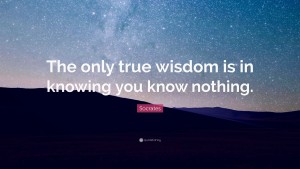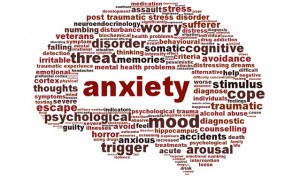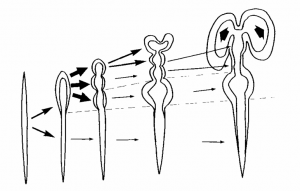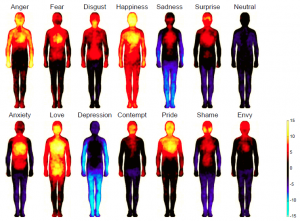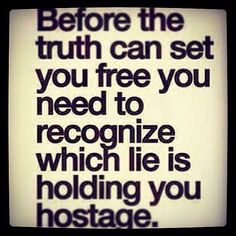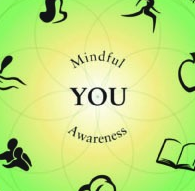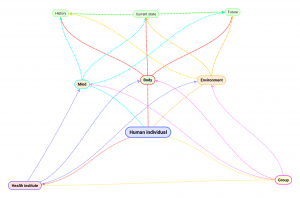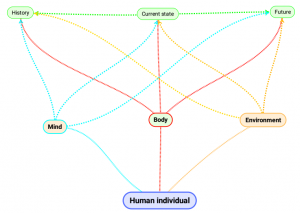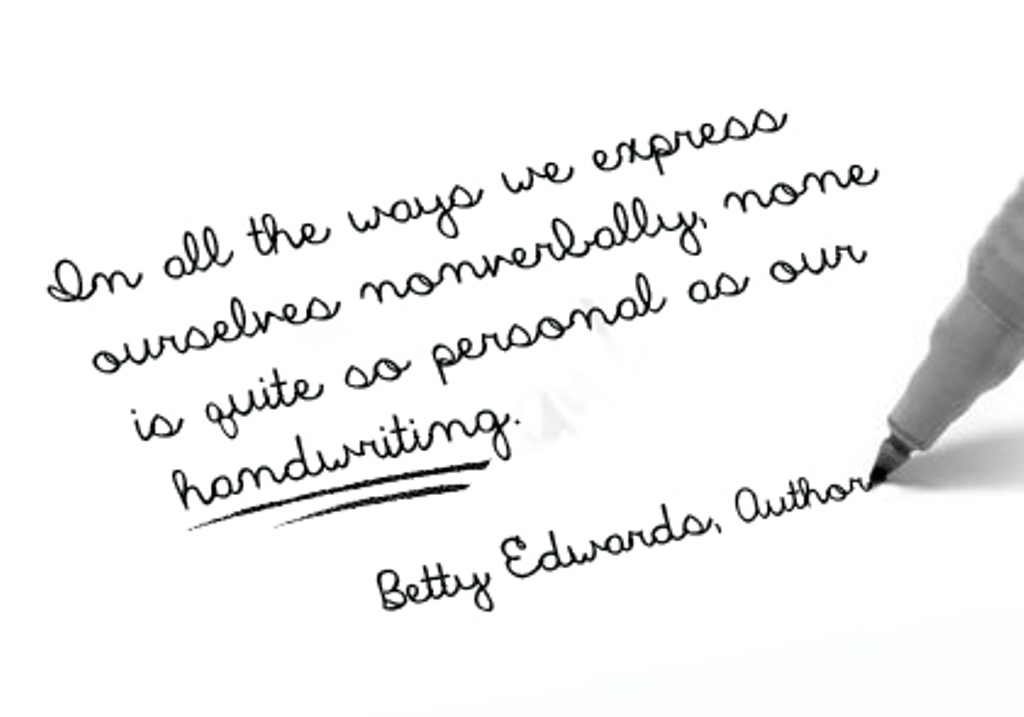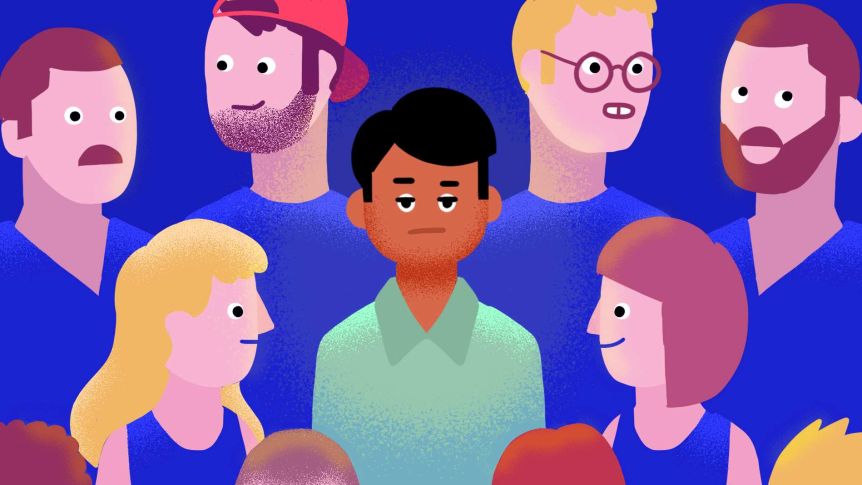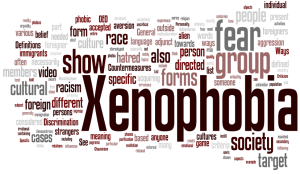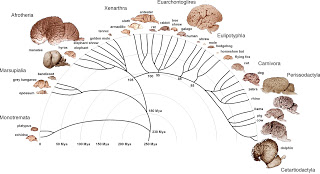Quick base from the AoS method
In this article about relational allergies, we will look at it from perspective of Affairs of the State primarily focuses on getting insight on the following 5 fields:
- Politics/moral (want/need)
- Weather/external natural aspect (Emotional confrontation by self or other)
- Terrain/support (time/space obstacles)
- Leader/commander (You choose to address something)
- Doctrine/discipline (You set way-points and follow them to the letter)
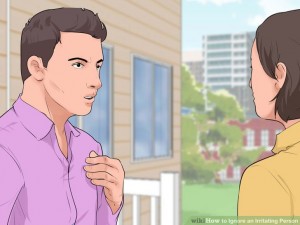
What are relational allergies?
When living, working or simply interacting with other beings (animals or people alike), we process signals and responses from a structure deep inside our decision tree. They are initially (in case we are doing something that we have always done) on Instinctive level, but if we are still not entirely ‘fixed’ with how to handle an event, it is still being filtered sometimes by the emotional layer (this is where ‘allergies’ are noticed. Allergies are not cognitive, nor are they instinctive, though the behavior we portrait often become so, because if our brain does anything, it will see if the recurring of those allergic stimuli should be made automatic, so the brain has more time for other things.
Relational Allergies can range from simple things like someone dropping a candy wrapper on the floor, to more intrinsic structures, where the allergy is about a complex combination of both cognitive responses and instinctive/emotional behaviors. For example: If someone seems very intelligent/rational in conversation, but when there are actual moments where such person abuses such ‘observation’ of intelligence and actually behaves very irrational, this can cause a feeling of dissonance (irritation). As many people behave this way on certain moments (even intelligent rational people are still people and can sometimes feel empty or get stressed and behave irrational), it can become an unobserved response of ourselves to become slowly or even instantly irritated and behave negatively to such person.
Lets see whether you are able to find such person or event in your own life. This is ‘becoming aware’. In AoS, knowing the weather and terrain is most important. Because what we often want/need is feel better ourselves. We can’t do that if too many things influence us (or too little).
1. What do you find important as a personal quality?
(give one quality, and try to make it as concrete as possible.)
2. Why do you find this important for your own actions?
(Assess the quality and see how you rationalize that it is positive for you, others and generally the environment around you/the person having this quality)
3. And for your feelings?
(How do you feel if someone behaves with the quality in a positive way? Or how does it make you feel if a person is not behaving according to this quality?)
4. Do you feel you have this quality?
(Be concrete and honest. Do you think you have this quality and behave to it consistently, or do you think you are trying hard to have this quality?)
5. Do you recognize people around that have this quality and who does no?
(Can you name one person who you have observed behaving according to the quality you named under the first question? Can you name someone who clearly does not? Write these names down. Remember, AoS is about you, not about others. You can’t change others. Writing down their names, makes you aware, nothing more.)
6. How does not holding the quality make you feel? (If someone pretends to have this quality but in actions later doesn’t)
(Do you remember a situation where someone normally seemed to behave according to this quality, but later at a certain point failed this? How did you feel?)
Processing reflection
Now, take the answers and write them separate as one piece of text, in the following format:
I like to be <quality from question 1>. I find it important for <scope from question 2> because <arguments from question 2>. I feel <feeling from question 3> when I notice the effects on the world around me. I sense I feel <negative feeling from question 3>. I think I <answer from question 4>. I have examples from my life, where I notice I feel <answer from question 6>.
The question now, is whether you want to improve anything here. Remember, you can’t change others. You for sure shouldn’t make yourself behave negative or different, just to accommodate something that you feel is a positive thing.
Though you have written down a clear introspect on one quality, it doesn’t mean you are right or wrong in it. However, there are three steps left to become seriously aware of the effect and validity of this need/want.
Step 2
If you have been honest in question 4, you will know how consistent you consider yourself to be. In the coming week, try to observe when this quality pops up, or should pop up and it does or doesn’t and how consistent you yourself behave towards it. If you didn’t, what was the reason? Did you think about why, or did it just happen?
When you get irritated about someone not behaving according to the quality, is this person someone you know will normally behave positive with the quality, or is it someone who normally already doesn’t?
Step 3
When you yourself notice you have not acted according to the quality, how do you rationalize this? Do you apologize to another openly, or do you conceal it and leave it at that?
Step 4
If at step 3 you have noticed you concealed it, try to openly ‘announce’ you have not done what you wanted to do.
If you have tried this even once, you will quickly notice that declaring/announcing openly how you feel and how you wanted to act, makes you feel better 1. you have shown to others that even though you missed the opportunity, you are aware (where they might not have been) and you are working on it (if you weren’t you wouldn’t be open about it).
In the previous, you have now addressed all five fields of AoS. Do you recognize them?
If you do, you can be proud of yourself. You have already made a leap in understanding yourself and social interaction.
If you fell you miss some, you can be proud of yourself, because you have already excelled in effort and are on the verge of evolving yourself to a person you want to be.
If you feel you don’t connect to the five, be proud of yourself. You are critically observing and looking at a field of knowledge you might need to research more. Or, perhaps my wording is not connecting. In that case you are welcome to contact me on it through the contact form.
